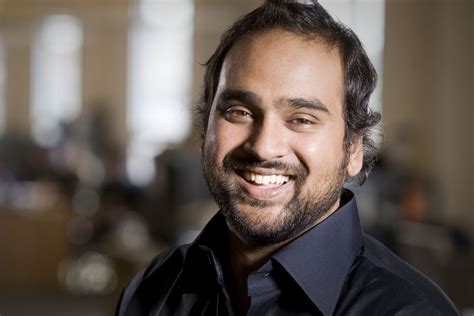A Quote by Margaret Heffernan
British innovation in design, in the creative arts, in engineering and manufacturing is world class.
Quote Topics
Related Quotes
We have a very good history of manufacturing in this country but I worry that these skills are being lost. We walk around saying, 'We haven't got any manufacturing any more' but Made In Britain really means something, particularly in other parts of the world. We need to support British manufacturing.
I have a daily call thats 2.5 hrs with the entire team: from materials, sourcing, manufacturing, design, sensor, firmware... mechanical engineering?-?all together and they all have to sit through each other's updates... but then understand what those tradeoffs are and I sort of force that communication.
Back in 2005, I introduced a thing which, I don't mind saying this - I mean, we stole it, at least in its basic form, from Toyota - it's called World Class Manufacturing. I mean, it's this pretentious title for something which really involves the revisiting of the manufacturing processes of dedication to the removal of waste.
Jobs offshoring began with manufacturing, but the rise of the high-speed Internet made it possible to move offshore tradable professional skills, such as software engineering, information technology, various forms of engineering, architecture, accounting, and even the medical reading of MRIs and CT-Scans.



































